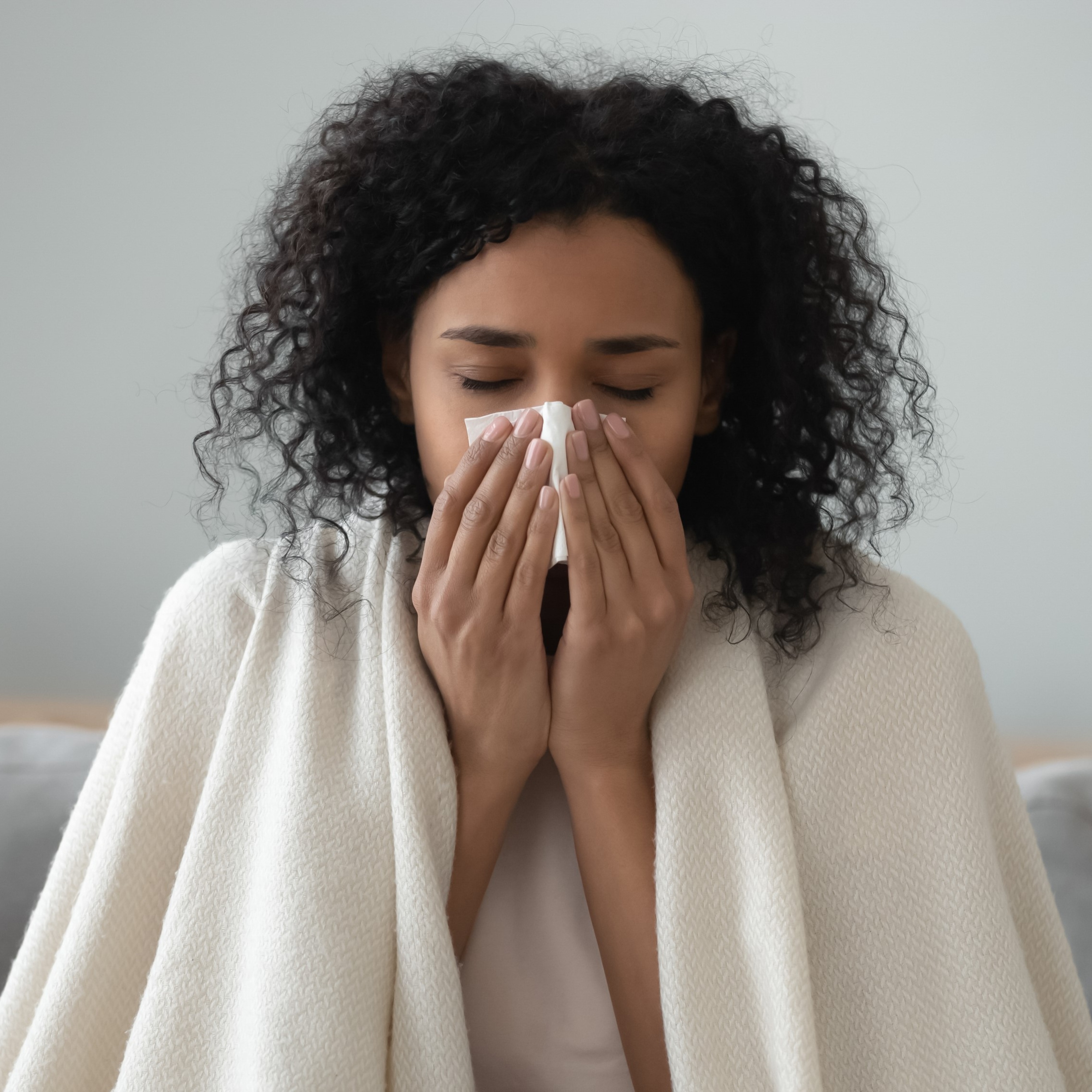Flu Season Reminder: Know the Basics & Be Prepared

Getting an annual flu vaccine is the first and best way to protect yourself and your family from the flu. A flu vaccination can reduce flu illnesses, doctors’ visits, and missed work or school, as well as prevent flu-related hospitalizations. The more people who get vaccinated, the more people will be protected from the flu. This includes older people, very young children, pregnant women and people with certain health conditions who are more vulnerable to serious flu complications.
How can I prevent the flu?
The first and most important step in preventing flu is to get a flu vaccination each year. The CDC also recommends everyday preventive actions (like staying away from people who are sick, covering coughs and sneezes, and frequent handwashing) to help slow the spread of germs that cause respiratory (nose, throat, and lungs) illnesses, like flu.
When should I get vaccinated?
Everyone 6 months and older should get a flu vaccine every year by the end of October, if possible. However, getting vaccinated later is okay. Vaccinations should be available throughout the flu season, even in January or later. Some children who have received the flu vaccine previously and children who have only received one dose in their lifetime, may need two doses of flu vaccine. Your Primary Care Provider can advise on how many doses a child should get.
What should I do if I think I have the flu?
If you are sick with flu, stay home from work or school to prevent spreading flu to others. In addition, there are prescription medications called antiviral drugs that can be used to treat influenza. Check with your doctor promptly if you are at high risk of serious flu complications. Flu symptoms can include fever, cough, sore throat, runny or stuffy nose, body aches, headache, chills, and fatigue.
Source:
www.cdc.gov